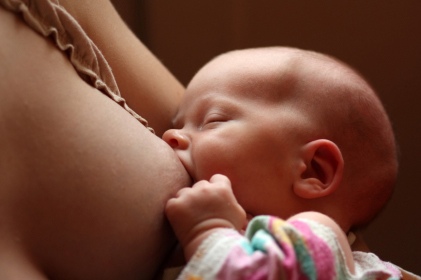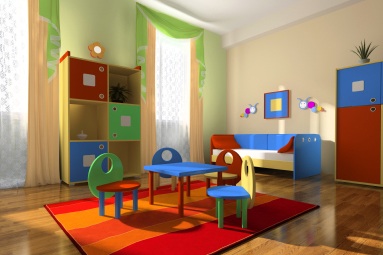Childhood is a strange mix of fascination with as well as fear of the unknown. But with a parent’s finger firmly clutched in her tiny hands, a child’s tentative steps are transformed into a bold foray into a world of strange sights, sounds and smells. In a large family, the company of other children often encourages children to revel in their own world without constant adult intervention.

The Single Child [Illustration by Shinod AP]
Many parents tend to indulge their children precisely because she is an only child. Tempers and tantrums, costly toys and rude behaviour, a great deal of unacceptable behaviour is overlooked while parents give the lame excuse that “he’s our only child.”
On the other hand, parents sensitive to their responsibility – regardless of whether they have one child or two – try to maintain a balance between the extended hand-holding an only child may require and setting guidelines for acceptable behaviour.
Which is precisely why single children aren’t all the same. Ayesha, Shireen and Dev, age four, five and 11 respectively, are single children of young upwardly mobile parents. But the three are as different from each other as chalk from cheese.
Four-year-old Ayesha is prone to frequent tantrums, bawls and sulks, and is fond of only selected cousins.
Five-year-old Shireen is quiet and a loner. She likes her space, her toys, her room and prefers to be an audience than a performer.
Eleven-year-old Dev is a happy mix – he is boisterous, loves company and has few reservations in life.
So what is it that makes these single children so different from other children? Their parents offer their own take on their approach to parenting.
Ayesha’s mother Sanjana doesn’t seem to think there is anything wrong with her daughter’s frequent tantrums. “I want Ayesha to be happy always. I cannot force her to mingle with other children apart from her favourite cousins. She will be fine when she grows up.”
As of now, though, Ayesha is certainly not ‘fine’. The four-year-old is possessive about her toys, clothes, her room and even her mother. So much so that when Sanjana talks to another child, Ayesha cries loud enough to wake up the neighbourhood. She isn’t fond of visiting any relative, acts like a brat when people come to her house – not parting with her toys, pulling a younger child’s ear, clinging to her mother all the time and more.
Given enough time, an obstinate child can easily make the journey to becoming an unhappy adult. An adult who constantly looks for scapegoats, people to blame for all the failures in her own life. Will Ayesha make that journey? Only time will tell.
Shireen’s ease with her own company can be explained by what her parents, Sunil and Poornima, have to say. “We are happy with just one child. Our love is only for Shireen and if we have another child, she may feel insecure, which we do not want. Therefore, for us, the happy-with-a-single-child formula works.”
Although Shireen is possessive too, she turns inward even when she is with people. She tends to read, play quietly by herself or perhaps with one friend in the neighbourhood. Rather than talk to people, she prefers to observe them. When you speak to her she replies like a well-mannered child, which inadvertently lends her an air of maturity far beyond her years.
Shireen, in fact, feels older than other children her age. She is neat in her dressing, her schoolwork is immaculate but you sense a certain loneliness and withdrawal in her, which her parents or teachers cannot fathom.
That ultimately leads one to ask: is Shireen happy on her own or is her attitude a defence mechanism for her loneliness?
In contrast, Dev’s parents treat him like any other child – no excessive indulging just because he is an only child. He gets scolded for doing messy homework, rewarded too, if he does well at school.
Of course, Dev has his share of tantrums and moods, according to his parents. But they are few and far between. Most of the time, he is happy to be with his friends and relatives, and also content in his own company.
Dev’s parents do spend a lot of time with him, enough to make him feel special. At the same time, they have set clearly defined parameters for the behaviour they expect from him. While Dev might test these parameters now and then, he knows that beyond a point his parents will not tolerate bad behaviour. Their continuous show of love and affection offsets any resentment he may feel about being disciplined.
Single or with siblings, children need wings. Their natural inclination is to crawl to the edge of a bed and stare at the yawning abyss below, wondering what it would be like to tumble over. Children with siblings find natural companions in this adventurous trek called life.
Single children need companions too, though they may not live under the same roof. Many parents form informal groups, where children play together on a daily basis, have sleepovers, and even share meals. Cousins are a great source of companionship, and you have the additional benefit of sharing at least one set of grandparents.
Parents of a single child need to visualise the emotional skills their child will need as an adult. Then the most loving gift they can give their child is an environment that encourages her to fly. On her own.










